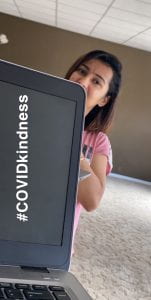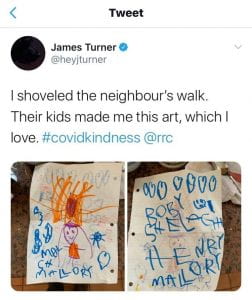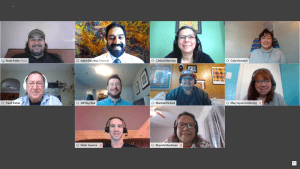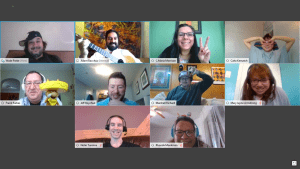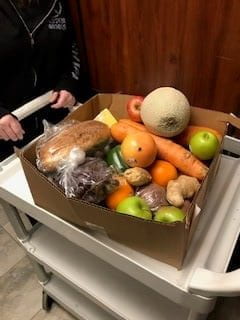Guest post by our friends at BEACON.
When it feels like bad news is an everyday occurrence, it can be a difficult and challenging experience. For many, the stress and anxiety that come along with this may also be accompanied by the feeling that we’re losing control, that we’re powerless, and we lack the resilience to properly cope – extreme situations tend to bring about extreme reactions.
Even when the news seems bleak, it’s crucial to maintain a sense of perspective. There will always be things that we can and cannot control in life – it’s often a question of how much we worry and obsess over the things that we have little or no control over, that can cause the most anxiety.
There are ways, however, to manage these things, and maintain a healthy outlook.
Compare Your Troubling Thoughts with Reality
Be aware of thoughts that you’re having and the extent to which those thoughts correspond to reality – and to the reality of your family and your immediate circle. If you have thoughts about people getting sick or about the news being more than you can handle, counter that by remembering that there’s a good chance that no one you know has COVID-19.
And if you do know someone who does have it, remind yourself that you can’t control the outcome. Practice realistic thinking limited to people you know personally, rather than about people from other cities who we don’t know.
Focus Your Attention Elsewhere
Find activities and things to do that are enjoyable, and that won’t bring your attention back to thinking about stressful events such as the coronavirus pandemic. It seems like when people talk, they often spend the whole time doing so about their anxiety and discussing worst-case scenarios. Make a point of having conversations about other topics, and consider designating talking about coronavirus as “off-limits” for a while.
Don’t Overwhelm Yourself with News
Try to limit the news that you consume, both in terms of the amount of time spent and from certain sources. You’re unlikely to miss anything important, so there’s no need to spend an excessive amount of time reading articles that all say the same thing.
Make sure that the sources you’re reading from are scientifically-based and reliable – that kind of news is likely to not change very quickly.
• • •
It’s never easy to deal with bad news and trying times, but it’s also important to know that there are always things you can do to limit the stress and worry you may feel. But remember that freaking out or panicking doesn’t help the situation; calm thinking will actually help with better decision making. It can be easy to get swept up into a state of panic but at the end of the day, we’re better equipped to make good decisions if we remain calm.

